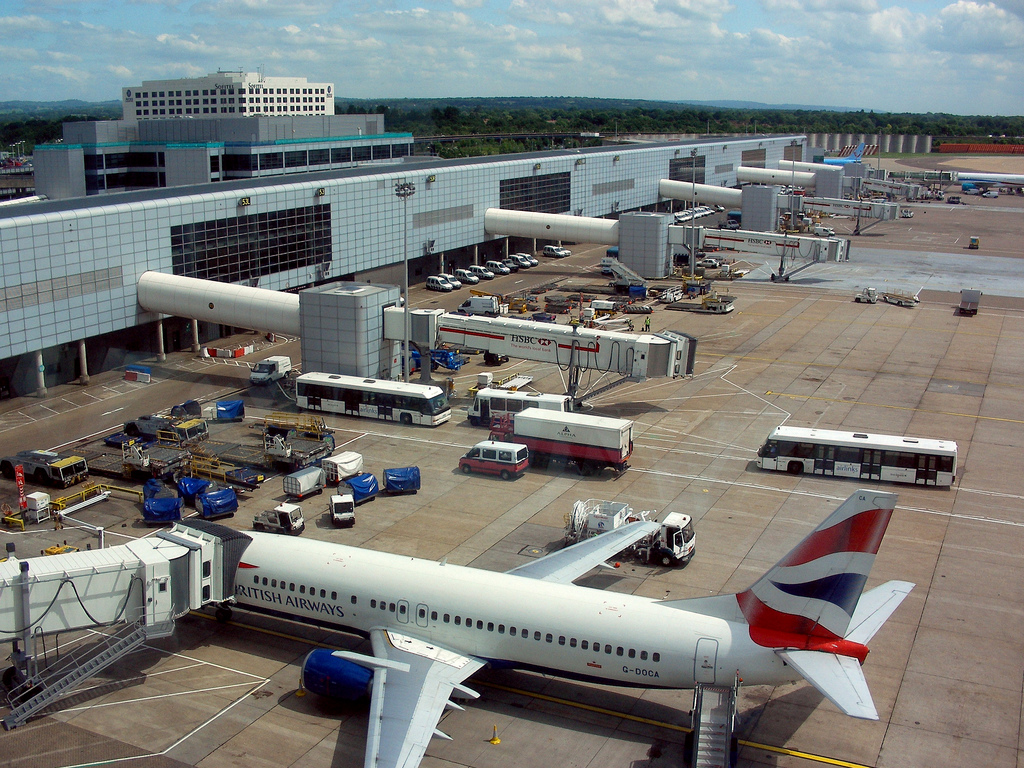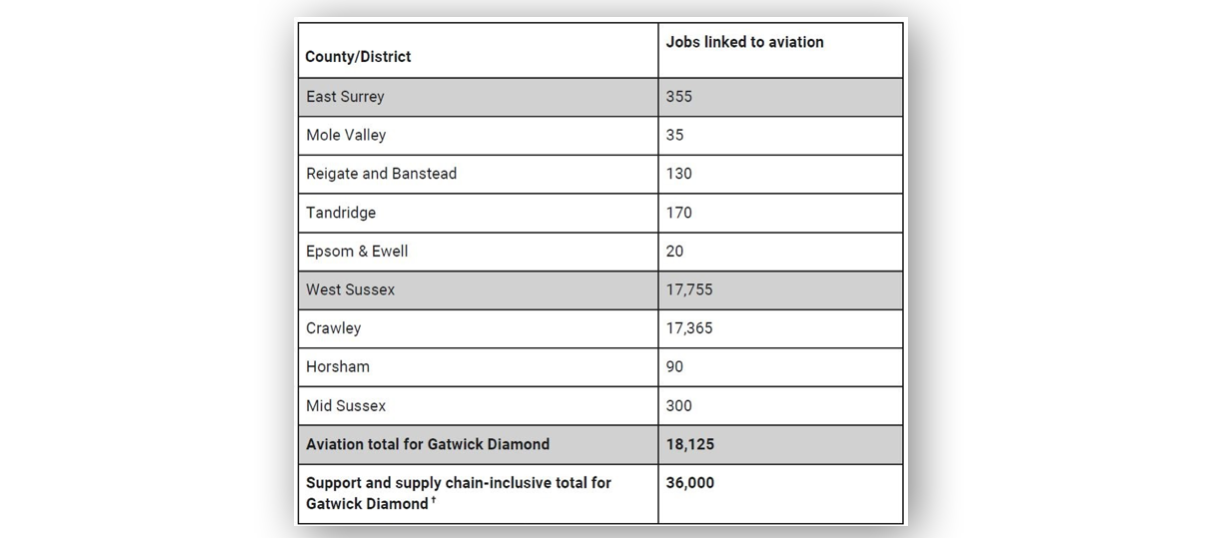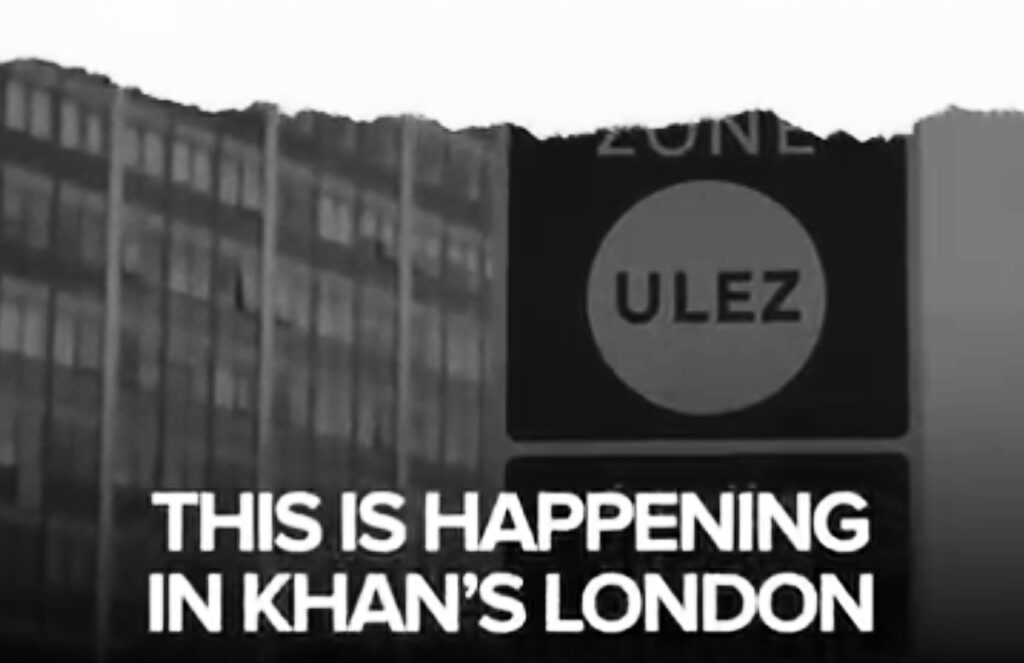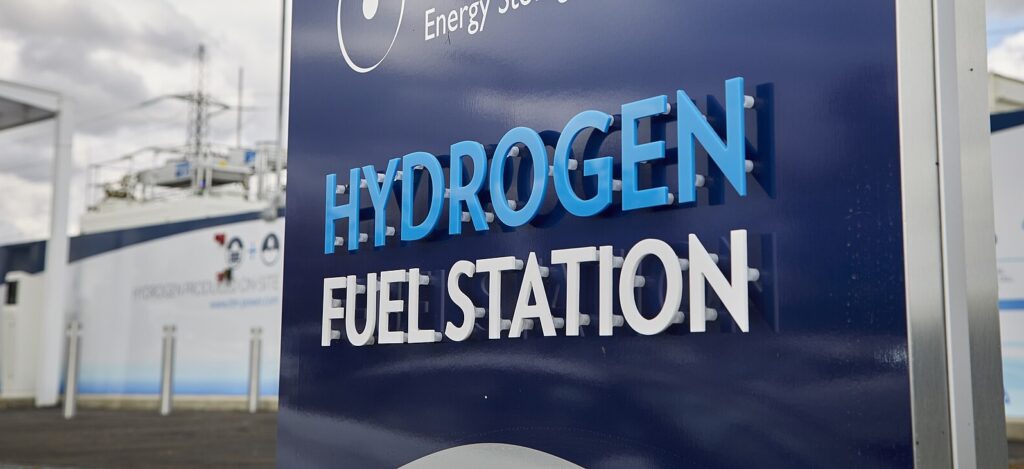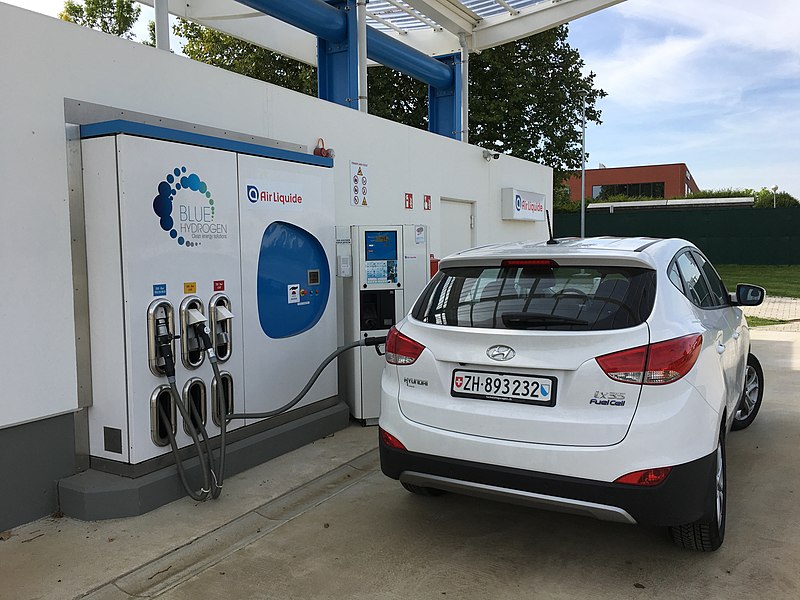Thousands of new low-carbon jobs could be created around Gatwick Airport if the local recovery from the coronavirus pandemic focuses on a “green transition” rather than tax cuts for the aviation industry, a new report argues.
The collaboration between the PCS trade union, Green House thinktank and Green New Deal UK campaign group found the cost of creating 16,000 green jobs is on a par with Gatwick’s share of the proposed scrapping of Air Passenger Duty for the next 12 months.
The report, published in late November, aims to apply the Green New Deal UK’s principles to the specific case of Gatwick and show how a well considered green transition in the area could benefit workers, the environment and the local economy. It comes against a backdrop of rising redundancies and furloughs in the aviation industry globally.
“For well under half the annual tax break the government gives to Gatwick, it could set the whole surrounding area on a zero carbon trajectory and create thousands of secure, fulfilling jobs in the process,” said Tahir Latif, president of the PCS aviation group, in a statement.
“While trade unions representing workers associated with the airport must continue to fight for job protection and retention, there is a huge amount of work to be done elsewhere in the regional economy.”
Like what you’re reading? Become a DeSmog patron today!
Cait Hewitt, deputy director at the Aviation Environment Federation (AEF) and not involved with the report, said: “We need to start talking about how to help deliver a transition for workers into the jobs that will help deliver the net zero economy that the UK has committed to. The impacts of Covid have made that conversation feel more urgent than ever.”
Green transition
A large number of the employment opportunities in the “Gatwick Diamond” region of seven local councils in East Surrey and West Sussex are either at the airport or linked to it in some way. These jobs are predominantly located in the borough of Crawley, where they make up an estimated 32 percent of the workforce. In September, Crawley had the fastest rising unemployment rate of any large town or city in the UK.
The new report emphasises that many of the Gatwick employees at risk already have skills needed for a green transition in the local area. For example, a large-scale housing retrofit programme would need many client-facing roles as well as technical and construction skills, and would create far more employment than existing capital investment plans for the airport. Scaling up public transport and improving the quality of social care have similar areas of overlap. “Aviation industry workers are generally seen as having valuable skills related to working in a high-pressure environment where time, safety and precision are critical, and requiring high levels of team working and communication,” the report said.
Image: Aviation jobs across the “Gatwick Diamond” in 2019. Source: A Green New Deal for Gatwick (2020)/ONS (2020a) except for ✝ Oxford Economics (2016)12
These new jobs would carry a string of other benefits, the report said, including warmer, more energy efficient homes, better quality care services, an improved local environment and diversified local economies. But it also emphasised the need for retraining and investment to support such a transition.
Alethea Warrington, a campaigner at climate action charity Possible not involved with the report, said it offered a “sorely needed alternative”.
“Instead of wasting money on an industry for which business as usual threatens to crash the climate, the government must invest in what the UK actually needs: good green jobs which improve people’s lives and help build a safe future,” she said.
Jobs Crisis
Traffic at Gatwick has ground to a halt since the pandemic began, and even in July and August passenger numbers remained at just 20 percent of their 2019 levels, the report says.
Three-quarters of the employees of Gatwick Airport Limited (GAL) – the airport’s owner and operator – were on furlough as of September. British Airways, Gatwick’s second-largest customer, has so far made 6,000 staff redundant, 4,500 of which are cabin crew based at Heathrow and Gatwick. In the UK, the government has been paying over 55,000 aviation employees up to 80 percent of their wages through the furlough scheme.
A DeSmog analysis published in July found that the aviation industry’s expected slow recovery and long-term incompatibility with climate goals contradicts airlines’ calls for support based on the jobs they support.
A report from Possible and several other organisations released in June said the government must prepare for some current job losses in the aviation industry to remain permanent, and called for new policies to help affected workers including support to retrain in other roles.
Gatwick itself has told investors that traffic will not return to 2019 levels until 2024, in line with industry projections for global traffic. Evidence of the 2007-08 financial crisis indicates that passenger numbers also tend to show a higher recovery than job numbers, the report says. At the same time, there appears to be growing support in the UK for policies to curb aviation, such as a frequent flyer levy. Polls also show Brits generally plan to fly less after the pandemic than they did before it.
The report finds that many of the proposed 16,000 green jobs could be made in the next two years, creating many more jobs in the supply chains and local economies it serves. “Perceptions that ‘there is no work’ are grossly misleading,” the report says. “There is a huge amount of work to be done.”
Photo credit: Martin Roell/Wikimedia/CC BY–SA 2.0
Subscribe to our newsletter
Stay up to date with DeSmog news and alerts


